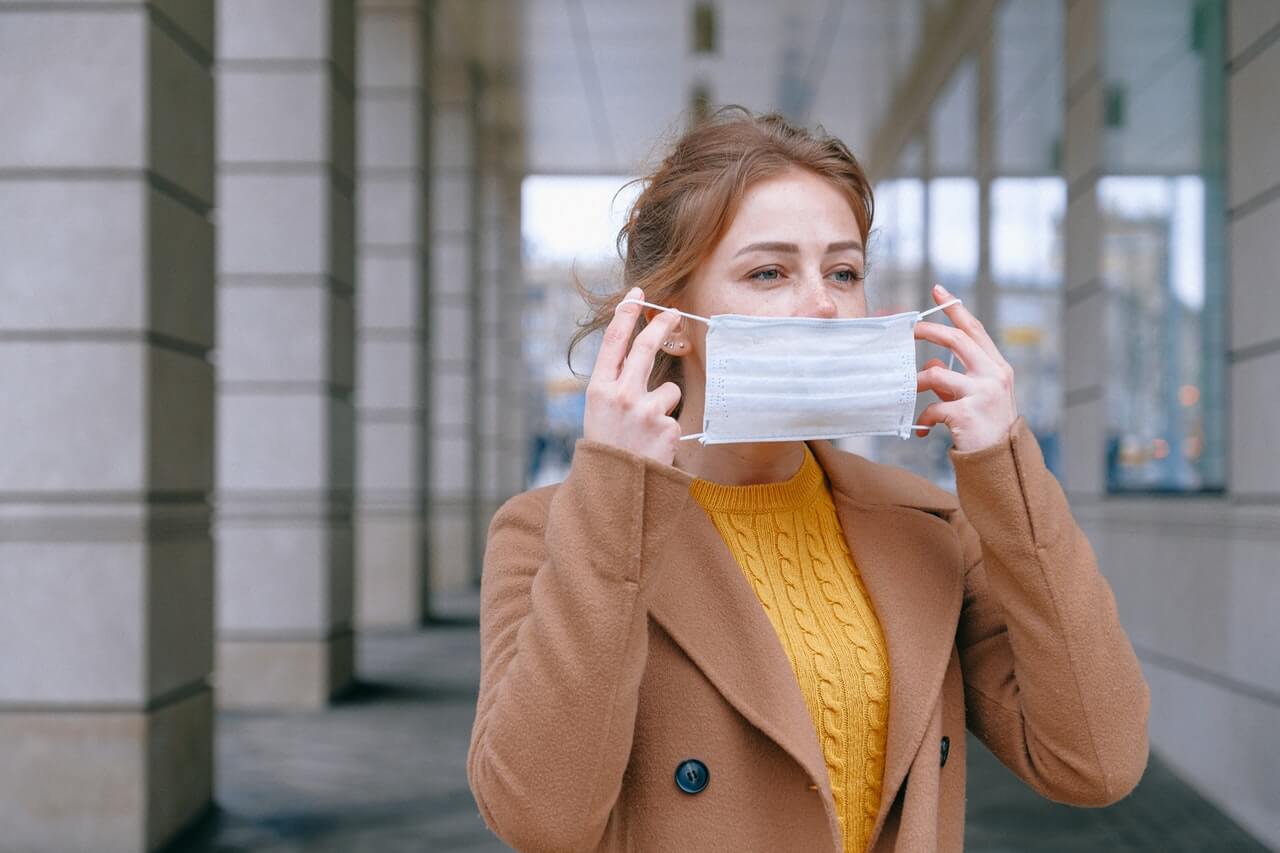KISSES, SNEEZING AND SEX: HOW THE CORONAVIRUS CAN SPREAD, AND WHY NOT BE AFRAID

Symptoms of a coronavirus infection closely resemble those of a cold or flu. However, in some cases there may not be any manifestations.
The coronavirus, which arose in the Chinese city of Wuhan, spread over more than 60 countries in a few months and infected 90 thousand people. While the situation in China itself began to decline, new foci of the disease broke out in the world – the largest of them now are Iran, South Korea and Italy.
How likely is it to get sick while meeting an infected person?
Experts note that the main factors that determine whether it is possible to catch a coronavirus due to contact with an infected person are: the proximity of the contact, its duration, whether “viral drops” hit you and whether you touched your face (however, age also plays a role patient health).
What are “viral drops??”
Any virus is a tiny organism that attaches to a cell, infects it, reproduces itself, and eventually passes to the next host. By itself, he cannot get anywhere.
The pathogen spreads through droplets of mucus or saliva that enter the environment from the mouth or nose when a person coughs, sneezes, breathes or talks. If these drops do not meet a latent hauler on their way, they just fall to the ground.
A person can infect a virus if drops get into the eye, nose or mouth. Experts believe that the main form of transmission is sneezing and coughing.
However, according to Kinn Kwok, a professor at Hong Kong University, face-to-face conversation and a joint dinner can be dangerous, according to The New York Times.
How long and at what distance should be from the patient
Christian Lindmeier, speaker of the World Health Organization, believes that it is better to stay at a distance of 1 meter from a sick person. The American Centers for Control and Prevention, in turn, note that even keeping a distance of 2 meters there is a certain risk of catching the disease.
As for how long you can stay with an infected person without the risk of infection, this is not known for certain. Although the longer the duration of contact, the higher the chance of getting sick.
Is it possible to know in a certain way that a person is sick?
Symptoms of a coronavirus infection closely resemble those of a cold or flu and include fever, fever, shortness of breath, coughing, etc.
But in some cases, the infected may not have any symptoms, but still be contagious. So, for example, in early January, a family in China fell ill after a guest from Wuhan visited them. However, she herself did not get sick, writes The New York Times.
The WHO, however, notes that most of the “distributors” of coronavirus were “noticeably ill” at the time of transmission.
Can a virus “live” on surfaces?
After a number of people who visited the Buddhist temple in Hong Kong fell ill, the city Health Center collected samples from faucets in latrines and fabric covers of Buddhist texts. A coronavirus was found on them.
The disease that arose in Wuhan is only one of a number of coronaviruses. Scientific studies have shown that usually such pathogens can “live” on surfaces – in particular, metal, glass and plastic – from two hours to nine days.
How clean or dirty the surface is, does not matter. If an infected person coughs or sneezes and drops fall on the surface, then anyone who touches the latter can become infected.
However, coronaviruses are relatively easy to destroy. So, even a conventional disinfectant has a high chance of damaging the shell that surrounds it and making it harmless.
Therefore, if you wash your hands before touching your face, infection can be avoided. Coronavirus is not blowout through the skin.
Can I get coronavirus through kisses and sex?

Medical experts note that kisses can contribute to the spread of the disease.
Because of this, people in France were even forbidden to greet traditionally by kissing each other on the cheek. As for sex, coronaviruses are habitually not sexually transmitted.
Is it safe to eat in a place where people with Covid-19 can be?
If the person who delivers the food has symptoms of the disease, or there is a buffet for a large number of people, then the risk of infection cannot be excluded. Otherwise, cooking or reheating food should kill all harmful agents.





